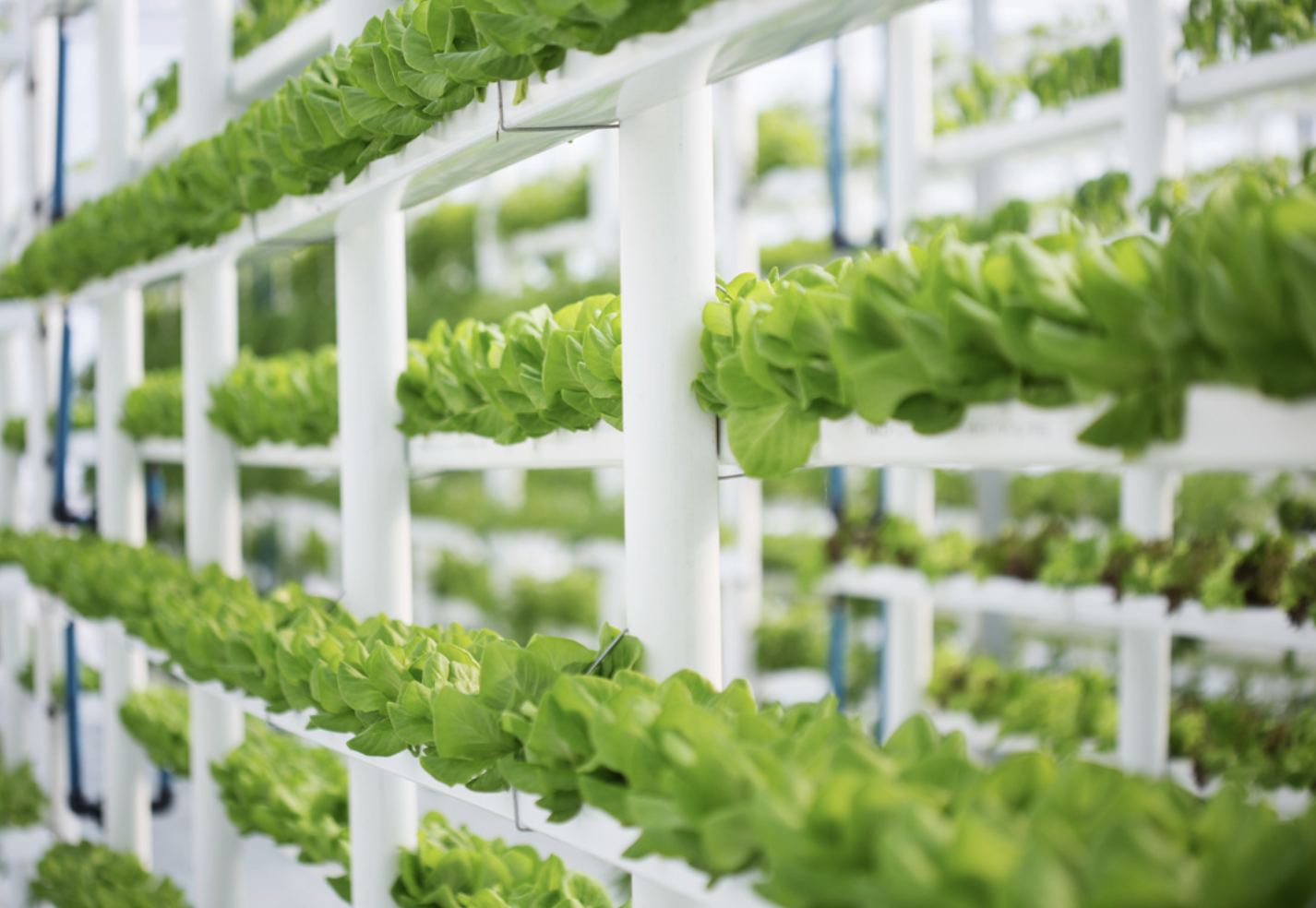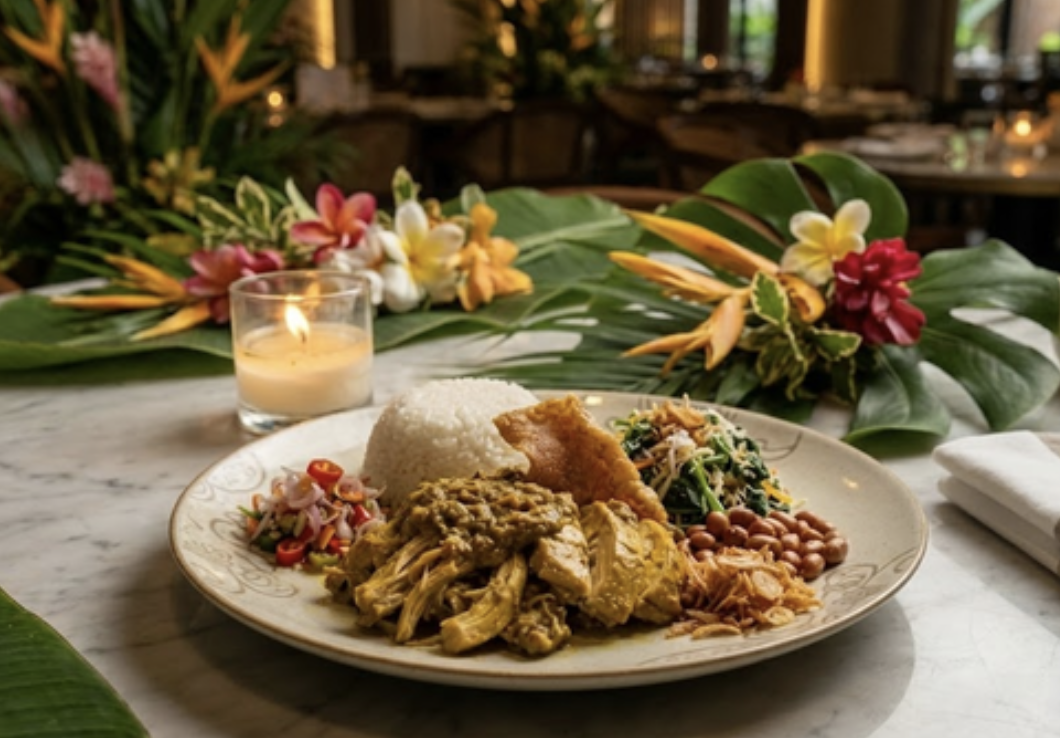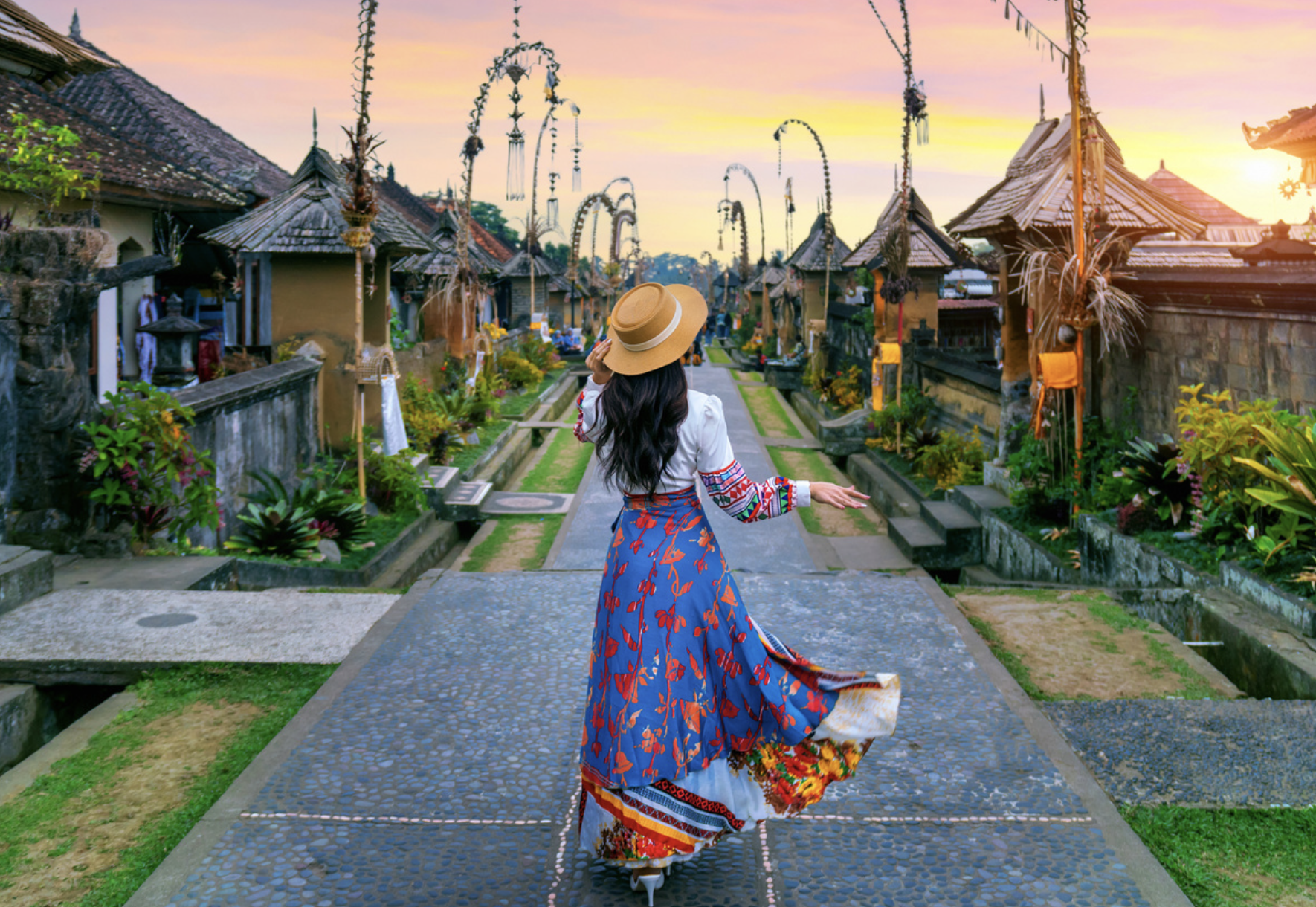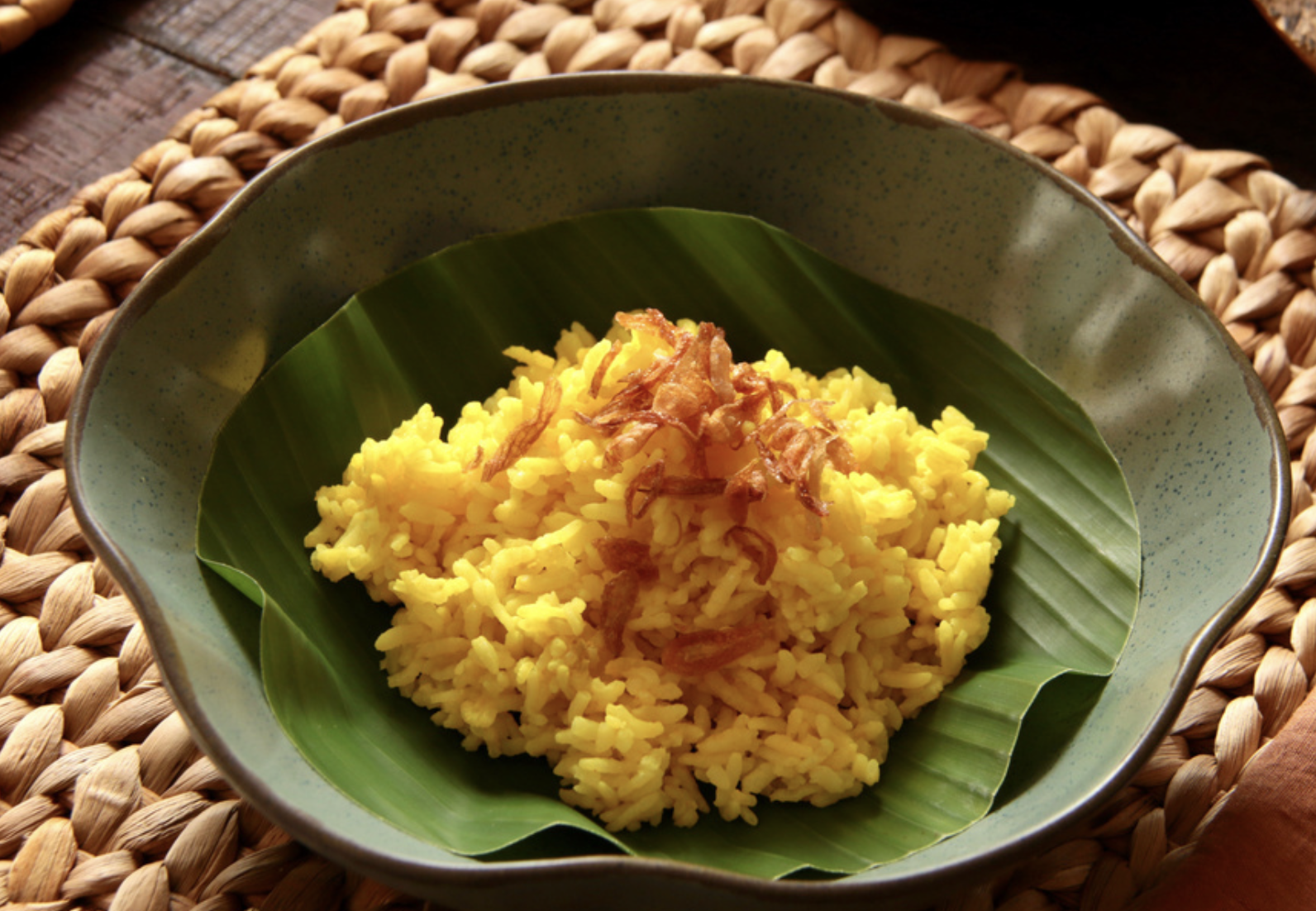Bali & Beyond Travel Fair (BBTF) 2025 is set to highlight destinations that exemplify sustainable tourism, cultural preservation, and environmental responsibility. With this year’s theme, “Indonesia: Preserving Green Nature and Cultural Heritage for the World,” Jatiluwih emerges as a standout destination, showcasing how tourism can coexist harmoniously with tradition and sustainability.
Jatiluwih’s Global Recognition and Appeal
Nestled in the heart of Bali’s Tabanan Regency, Jatiluwih’s breathtaking 600-hectare rice terraces have long been a magnet for travelers seeking authentic Balinese landscapes. Recently, the village’s commitment to sustainability and cultural conservation has earned it global recognition. In November 2024, the United Nations World Tourism Organization (UNWTO) named Jatiluwih one of the 55 Best Tourism Villages worldwide, reinforcing its reputation as a model for responsible tourism.
The village’s Subak irrigation system, an ancient cooperative water management method dating back to the 9th century, is a living example of the Balinese Tri Hita Karana philosophy—emphasizing harmony between people, nature, and spirituality. Jatiluwih’s status as a UNESCO World Heritage Site further solidifies its significance as a cultural and ecological treasure, making it a key highlight at BBTF 2025.
Beyond its recognition, Jatiluwih offers visitors a truly immersive and sustainable travel experience. The expansive rice terraces, set against the backdrop of Mount Batukaru, provide stunning panoramic views. Travelers can explore scenic hiking trails, engage in cultural experiences, and witness how the community continues to preserve traditional Balinese agriculture.
On the other side, it is true that balancing growth and preservation of such a heritage site is not easy. Implementing measures to protect Jatiluwih’s serene environment requires collaboration and participation from all stakeholders in the area. Community engagement and sustainable infrastructure development have played a crucial role, with local farmers actively involved in shaping tourism strategies, ensuring that economic benefits are evenly distributed while maintaining Jatiluwih’s authenticity.
Additionally, Jatiluwih continues to promote eco-tourism initiatives that educate and immerse visitors in its rich agricultural traditions. Tourists can engage in sustainable rice farming experiences, interactive workshops with local artisans, and farm-to-table dining, highlighting Balinese organic produce and the significance of the Subak irrigation system. These initiatives reinforce Jatiluwih’s commitment to sustainability, ensuring that tourism enhances rather than diminishes its cultural and natural heritage.
BBTF 2025 will highlight Jatiluwih as a benchmark for sustainable and cultural tourism. Industry leaders, policymakers, and travel professionals attending the fair will have the opportunity to learn from Jatiluwih’s best practices, including its approach to maintaining cultural authenticity while integrating eco-tourism models as well as on how tour operators can collaborate with Jatiluwih to promote responsible travel experiences.






